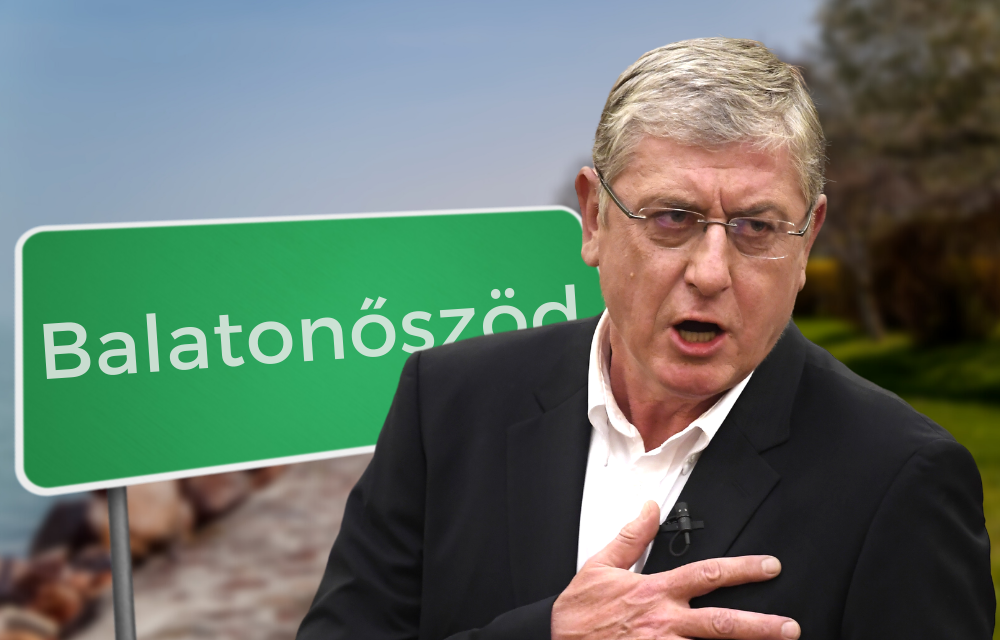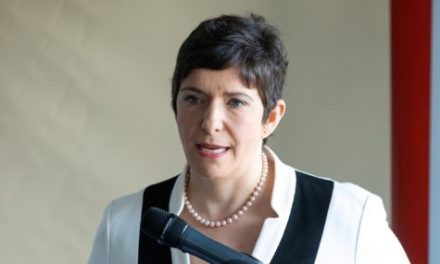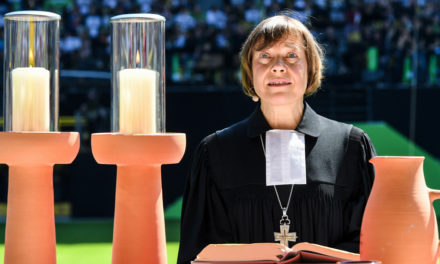The parties of the left coalition are going through eventful days. The civil war continued in Jobbik, and Momentum elected the most unknown president in its short history and is likely to embark on the path of complete marginalization, writes Zoltán Kaszab on vasarnap.hu.
Ethical procedure on the back of ethical procedure, coup and morale sunk to extremes. This is how Jobbik's two months since the elections can be summed up. The party, which had seen better days , was first shaken by the scandal of György Szilágyi's Péter Jakab was involved in covering up the incident. Although we cannot say anything for sure about this case until the investigation is completed, it seems that this started the fermentation process in the party. Not long after, the leadership stripped the chief of staff of party chairman Péter Jakab of his special powers. became Jakab's deputy, Anita Potocskáné Kőrösi
Even what has been described so far could provide a great basis for a political drama, but the story is not over yet. Jakab initiated an ethical procedure against Potocskáné, filed a criminal complaint and initiated her expulsion from the party. Of course, the putschists did not rest either and the next day they initiated an ethical procedure against Péter Jakab. We do not yet see what the end of the case will be, no matter how it turns out, the increasingly rough infighting points to the last days of Jobbik. The force that previously stood at 20 percent and cherished dreams of changing the government would not even get into parliament today.
At the same time, we should not be surprised by this. This is where a party is held together by interests instead of values. Before the 2019 local government elections at the latest, Jobbik gave up all its remaining values and joined the left-wing alliance, putting its interests first. The party's deep flight and moral decline were noticed by its voters long before, but after the elections it became clear to everyone. Then, on April 3, together with the common interest, the force of cohesion disappeared, so there was nothing left for Jobbik but to dissolve into itself. Despite the fact that it is in a tie with Jobbik's (still) ten-member faction, it is considered the second largest opposition force in the Parliament.
The momentum of the ten-member Momentum representative group is also not doing well. At the party's renewal congress at the weekend, Ferenc Gelencsér , whom not only the one-time voter, but even the journalist who follows politics on a daily basis, had not heard much about was elected president. Miklós Hajnal , who was much better known than him, who won a mandate as an individual, Gábor Kerpel-Fronius, the deputy mayor of Budapest who was also mentioned more often, behind him. We can only guess what considerations are behind the decision of the delegates, but it is certain that an unknown, weak-handed leader does not suit the party when they have just started an open war with the DK in the capital - making Budapest ungovernable. .
In the coming weeks, we will see better what direction Momentum's policy will take, but it is certain that the disintegration of Jobbik and the fall of Momentum already have a winner, namely Ferenc Gyurcsány. The fallen prime minister was already the most influential opposition leader at the head of the 15-person DK faction. And after the two parties next in line, which give a ten-member representative group, are neatly salamandered, Gyurcsány can take over the affairs of the left without a rival. (For the sake of fairness, let us mention that the dying MSZP also has a faction of 10 people, but Gyurcsány crushed them long ago.) So this is where the left stands 16 years after the Ószöd speech: Ferenc Gyurcsány became the number one leader - now openly and without an opponent.
Source: vasarnap.hu/Zoltán Kaszab
(Cover image: Point of View Institute)













